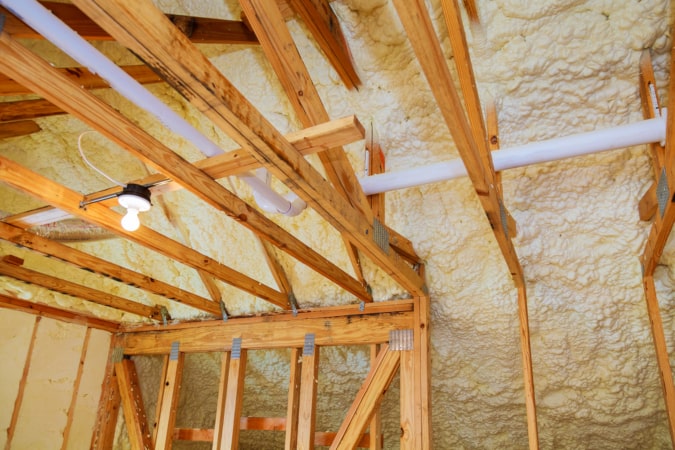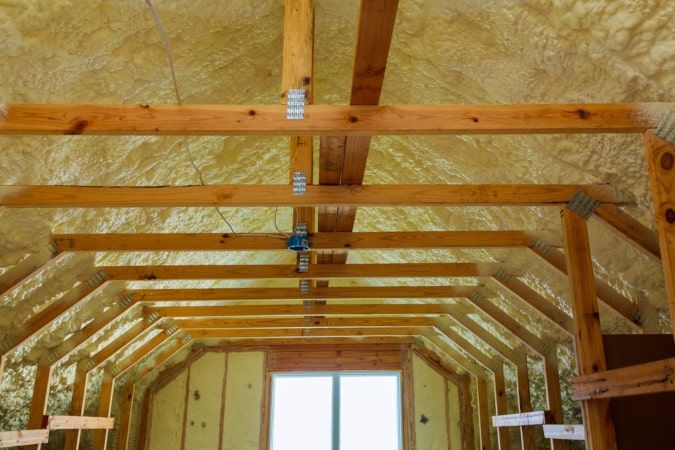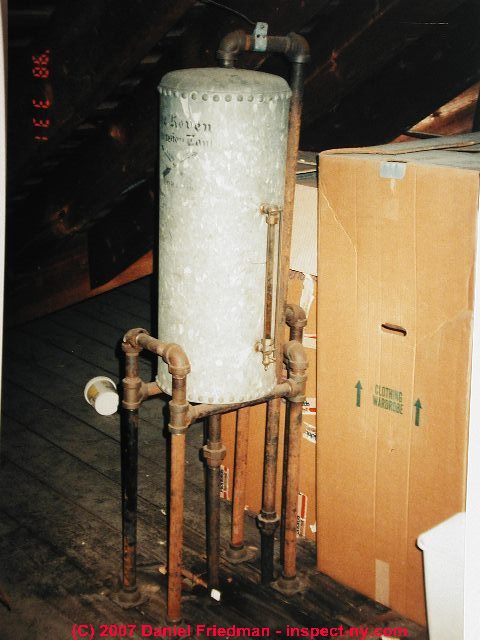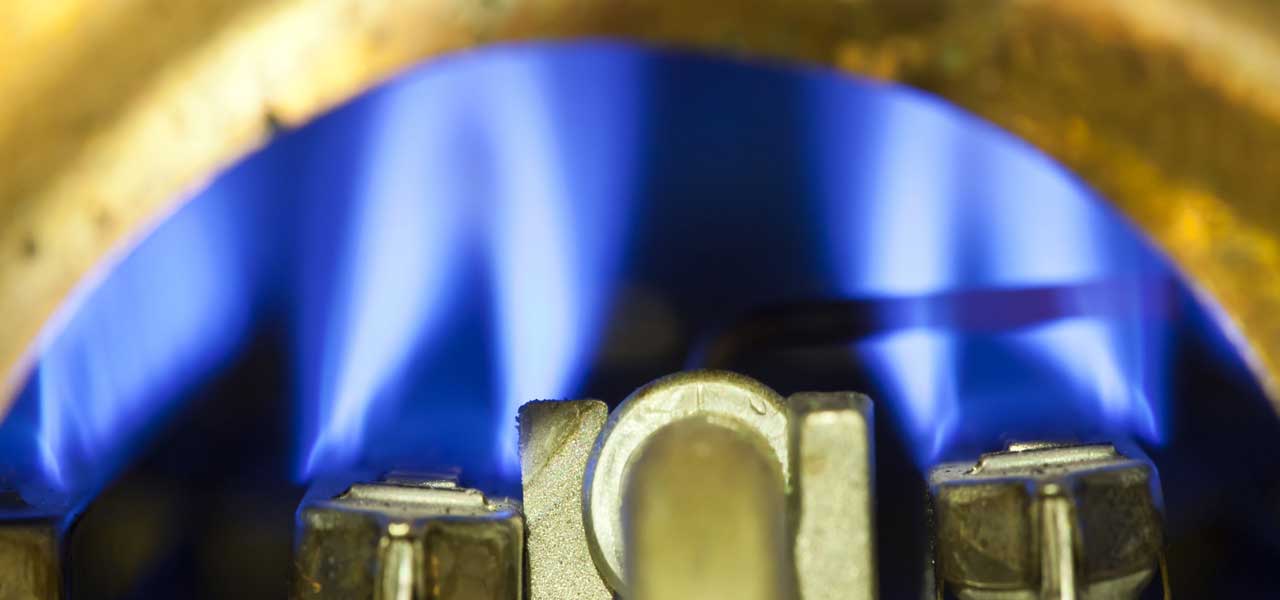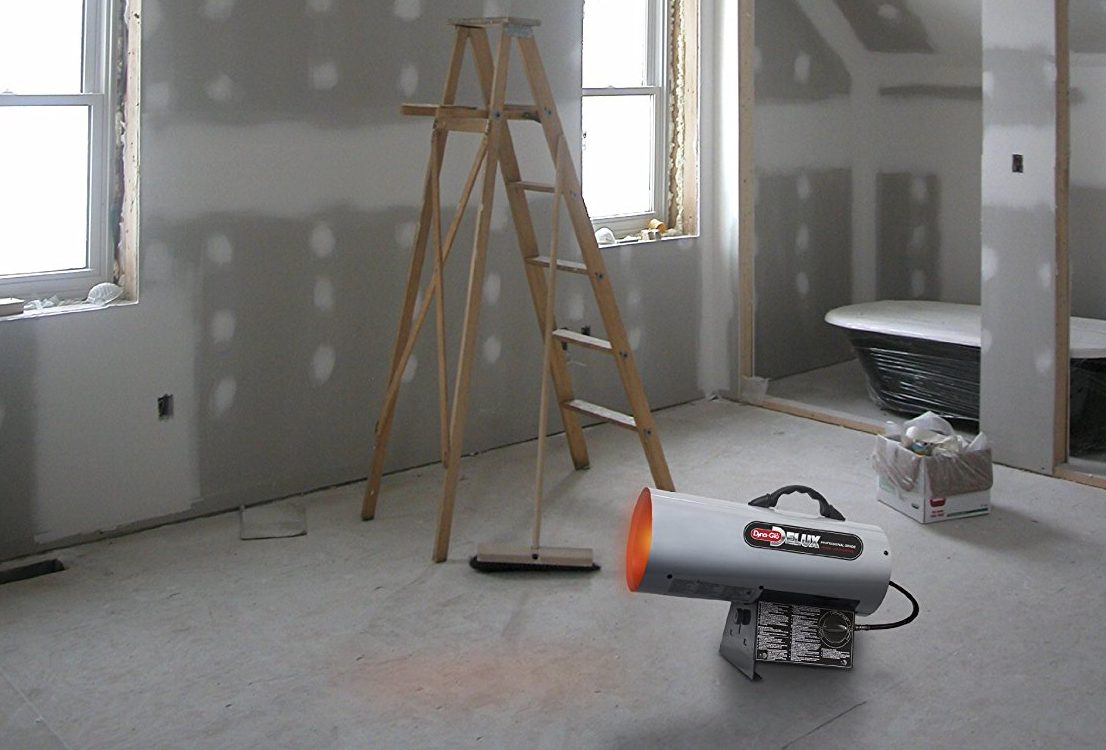Heater In Attic Is This A Co Risk

I inspected a townhouse last week that had both gas fired water heater and heating units in the attic the water heater was set in a pan and plumbed to the outside but the tpr extension was a short piece of pex tubing about 12 inches from the pan and not plumbed to the outside the tpr was leaking into the pan and the water heater was only one year old i would like to know what you.
Heater in attic is this a co risk. Proper venting gas and propane heaters emit carbon monoxide which must be vented outside. Keeping your attic space an ambient temperature during cold or heat is worth the research and effort. Posted on october 5 2012 by e r. Gas heaters are also historically less expensive than electric heaters to run.
Such installations are potentially unsafe and risk carbon monoxide poisoning. That means having it placed in the attic or a crawl space is a bad idea because you are increasing the risk of causing damage to the equipment. The vent pipe must be installed above the extreme bottom of the chimney to prevent potentially blocking the flue gases. These restrictions are meant to reduce the risk of co poisoning.
Water heater replacement cost. The average hot water heater replacement cost is 650 for a traditional whole house water heater to be installed and around 1 950 for a tankless whole home water heater. The pan must be piped out to the exterior of the house. However the pans are only about two inches deep and just big enough around to fit a.
Department of energy estimates that in homes using 41 gallons or less of hot water on. In my opinion the added ten square feet to the home isn t worth that much risk. So many homes in charlotte are built on slab which can make it more difficult to run plumbing lines through the first floor of your house. Charlotte water heater advice.
Make sure you have an electrical source in the attic and only use the space heater when you or someone else is physically present in the space to prevent a risk of fire. Do not install the flue vent connector from the water heater into the very bottom of a chimney. See carbon monoxide co. City code mandates that any water heater in an attic must have a pan underneath it to catch water in the event of a leak.
If your attic is finished and the hvac system is in excellent condition you might be able to avoid this disadvantage but most houses do not have an attic that is suitable for full time living. This is also not a long term option. One static vent style is the turbine vent which uses wind to power its enclosed fan all it takes is a light breeze to rotate the blades and suck heat out of the attic view example on the home. Energy efficiency and money saving installing a tankless water heater is a greater upfront investment but these units can significantly cut the cost of monthly utilities.
While your choice of water heater will cause a greater or lesser upfront cost over time this will all average out to where you end up paying about the same over five years.



